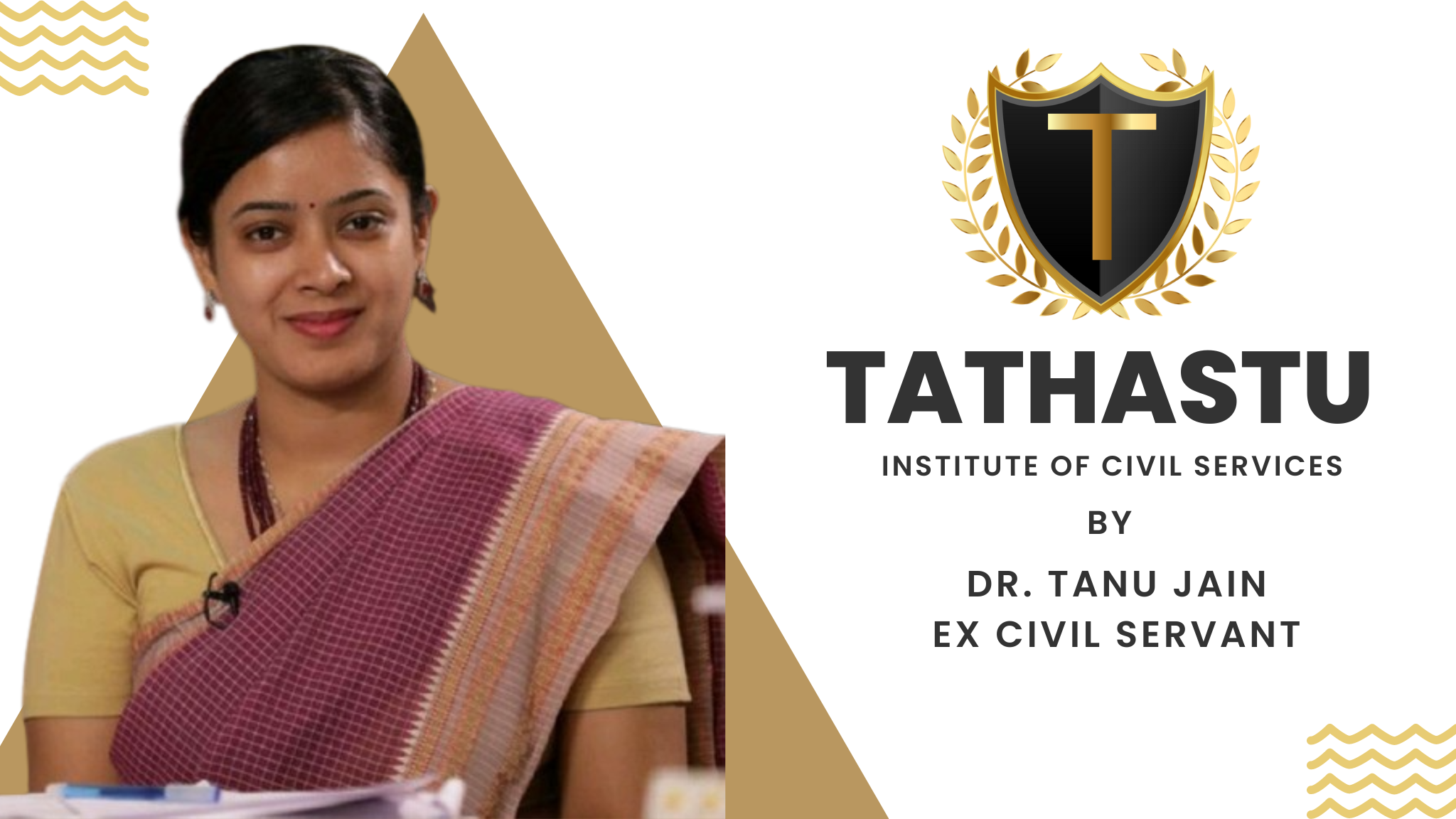The UPSC Civil Services Preliminary Exam serves as a screening test, so scores don’t affect final ranking. However, understanding the UPSC Syllabus is crucial for aspirants who want to develop an effective preparation strategy.
This examination comprises two objective-based papers with 1/3rd negative marking. Furthermore, candidates will need to pass both an English Language Test and Indian Language Test in order to pass.
General Studies Paper I
The UPSC Civil Services Exam, commonly referred to as the IAS Exam, is an intensely competitive examination. Each year over 1.5 lakh candidates apply for this examination but only a select few make it through to final selection process. Key to a successful IAS Exam experience are understanding its syllabus and making a plan for its study and preparation – these strategies help students build confidence while taking exams confidently.
The IAS Prelims Exam consists of two papers, General Studies Paper I and CSAT Paper II. Both exams contain multiple-choice and objective questions designed to evaluate academic knowledge in these topics: Geography of the World and Society; History; India Heritage and Culture; Polity and Governance; Economic Development; Environment Ecology Science Technology Current Affairs are covered here. The General Studies Paper I syllabus also features topics like Geography of India Heritage Culture Polity Governance Economics Development Environment Ecology Science Technology Current Affairs etc.
Choose Tathastu ICS for IAS coaching institute is no easy feat. Their streamlined program helps candidates prepare for the exam quickly with expert mentors and mock exams that closely resemble UPSC’s question pattern. In addition, Tathastu’s focus on answer writing practice helps students express themselves more concisely when writing answers for examinations.
In addition to comprehensive study materials, the TIAS Pre-Sure program offers online resources that enable students to review the syllabus at their own pace. With its focus on answering-based training and personalized support services, this UPSC coaching program stands out among others.
Along with mastering your syllabus, creating an efficient note-taking system is also vital to exam success. Digital apps such as Google Docs and Evernote can provide convenient ways of organizing and maintaining your notes; additionally, these applications allow users to make audio recordings of their notes to reinforce learning.
Focus on subjects and topics likely to appear on an exam. Staying abreast of recent events both locally and worldwide may also help; these may come up frequently during testing.
Many students who wish to become IAS officers opt for art subjects (History, Geography and Politics) during school and graduation if they plan to pursue IAS officer careers. While this decision will cover most aspects of the UPSC syllabus, keeping in mind that opting for art subjects could limit your options in Engineering and Medicine fields. Therefore it would be prudent to select Physics or Chemistry as your optional as this will give a wider selection of main exam topics to choose from; additionally it gives your interview performance an advantage because your knowledge in these fields will be deep and fact based.







